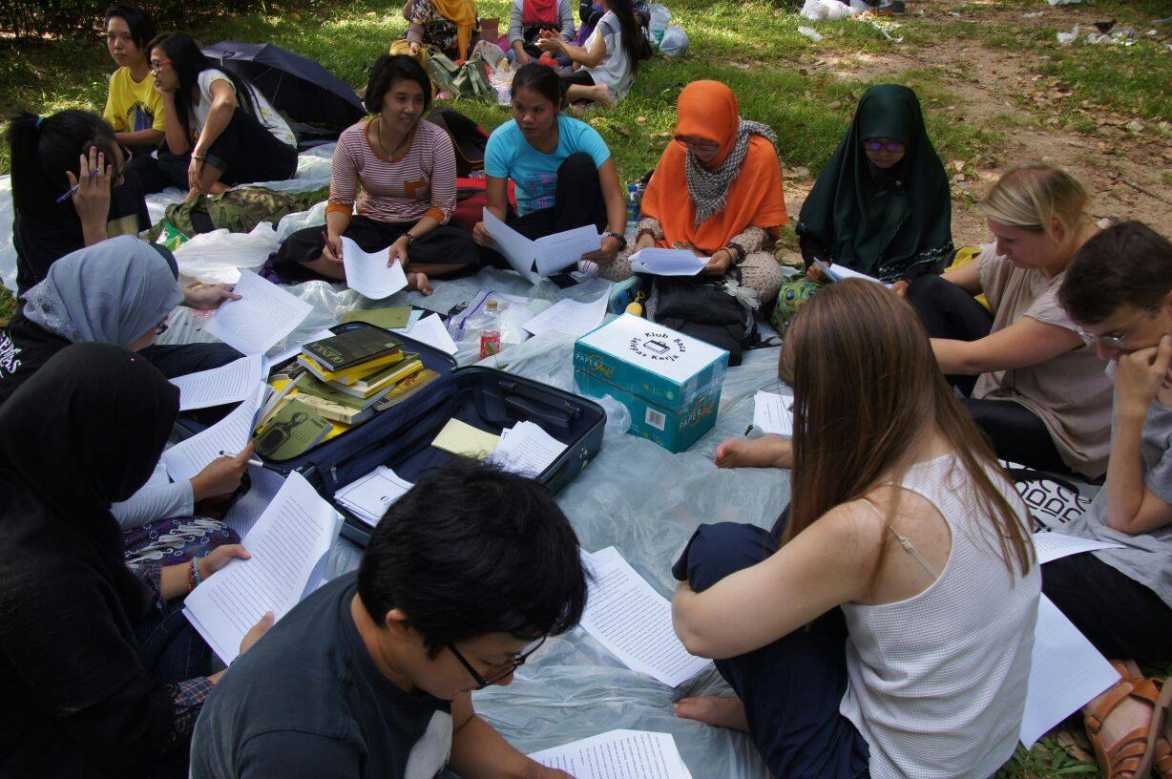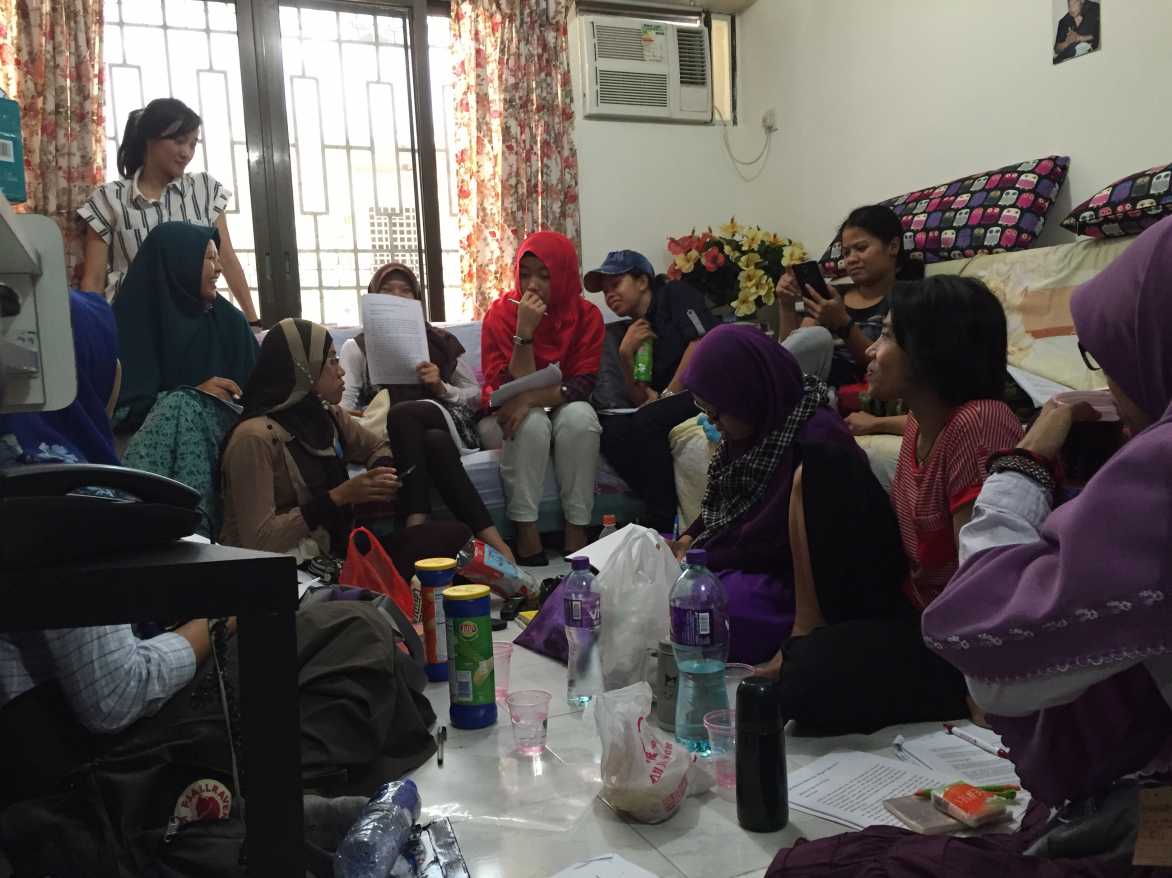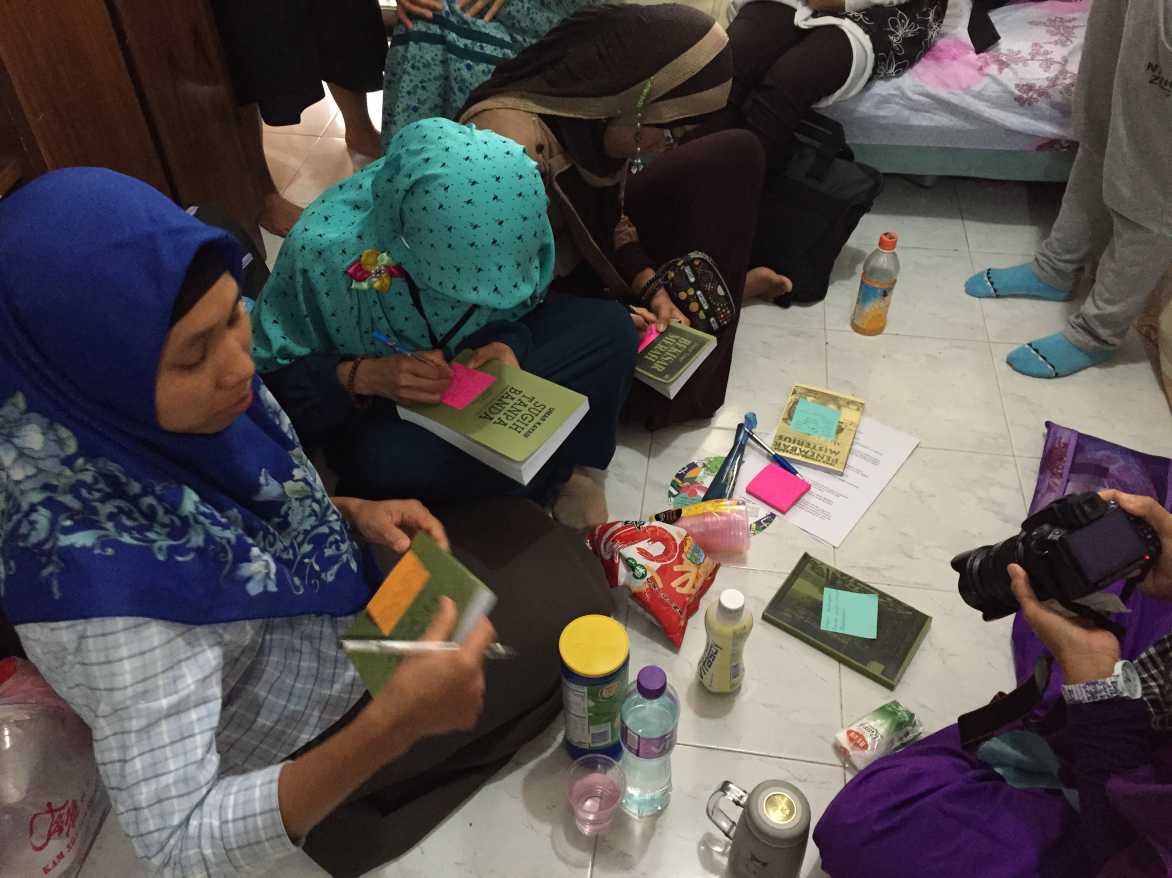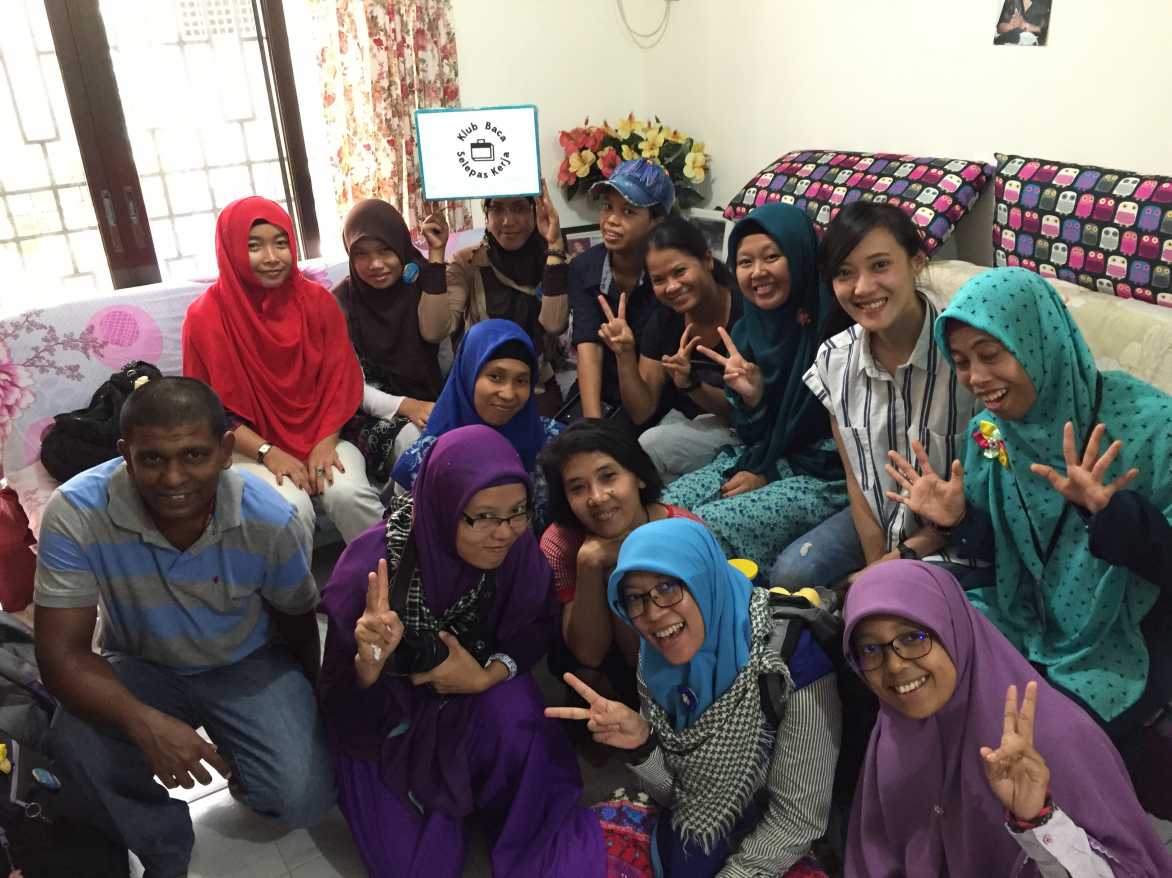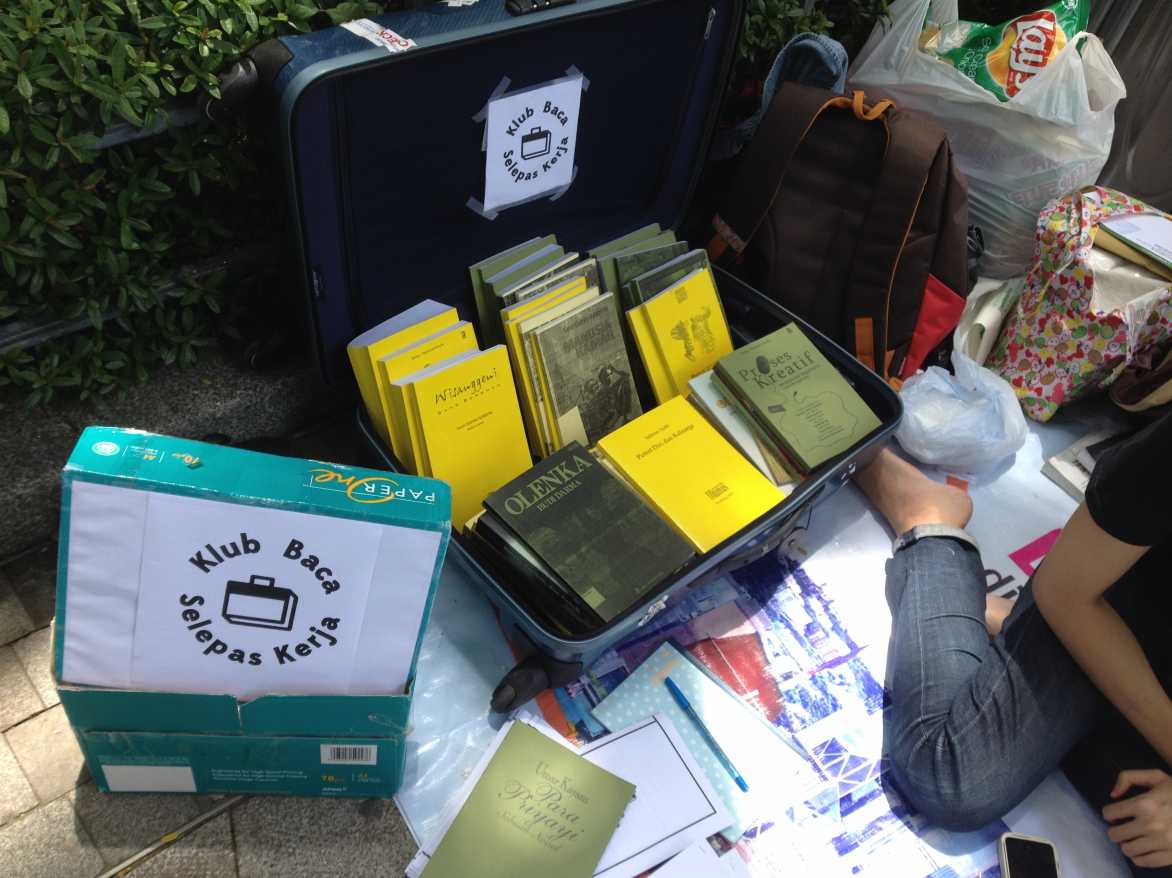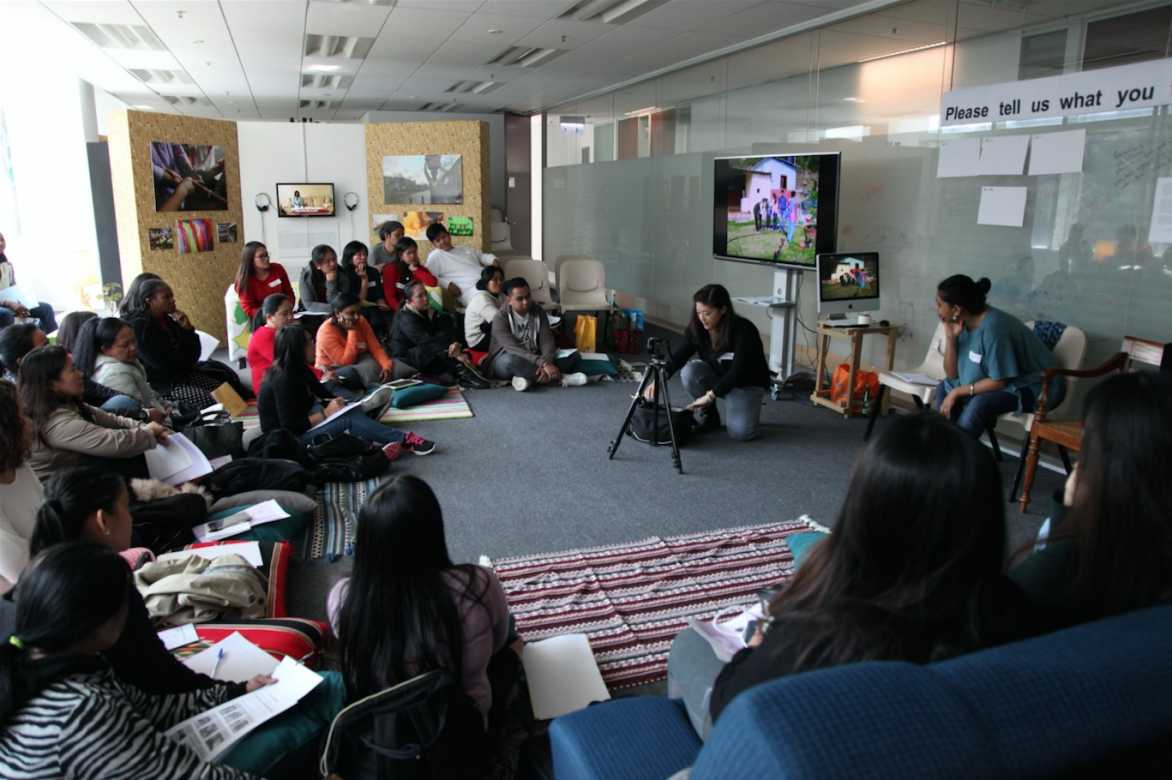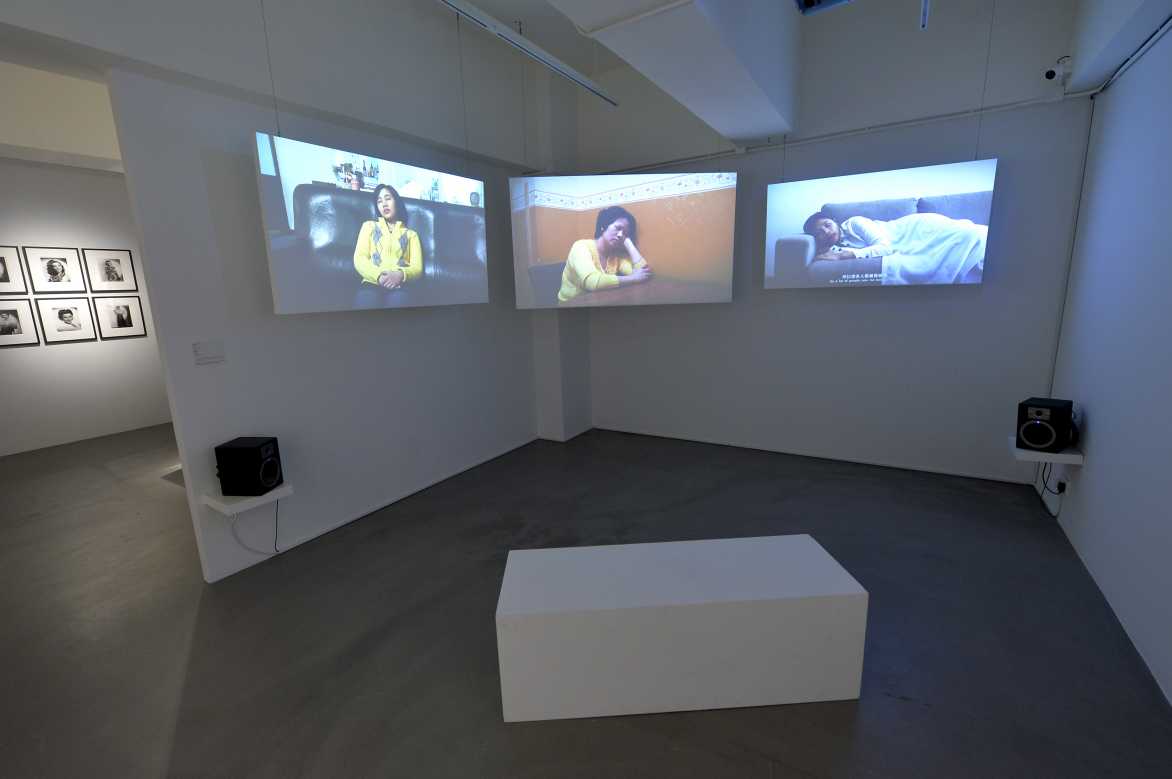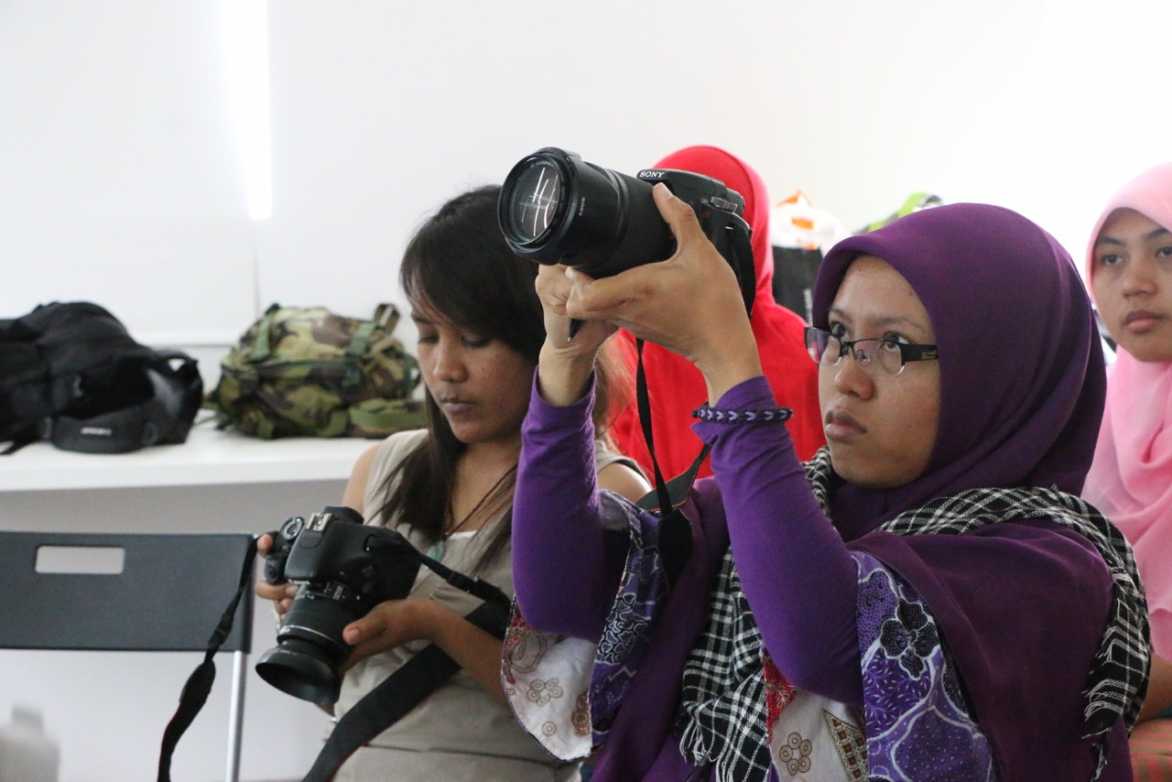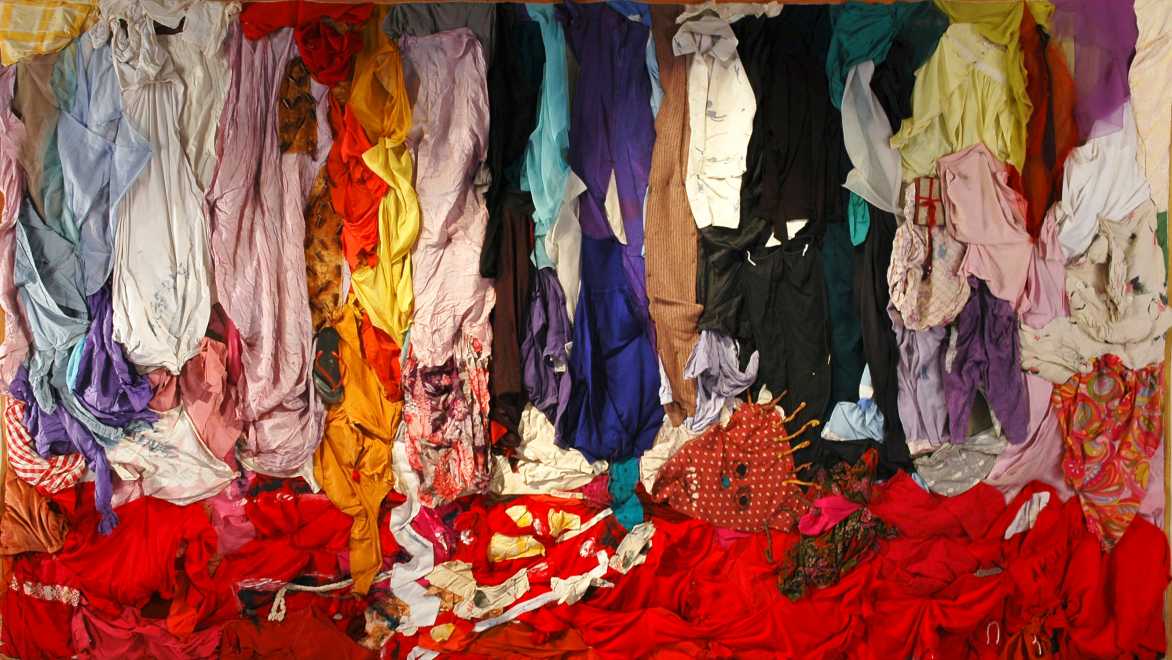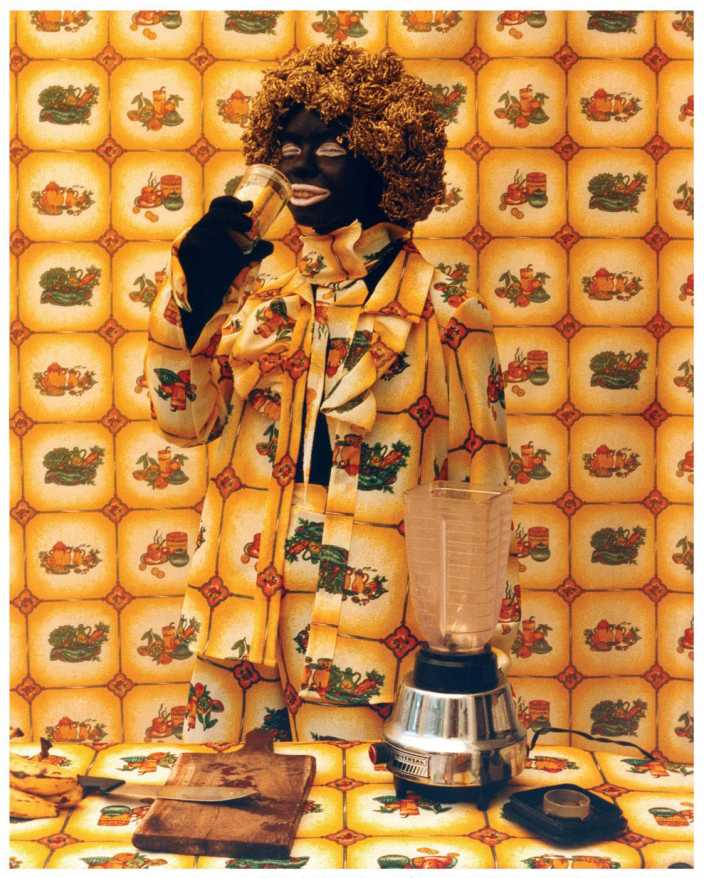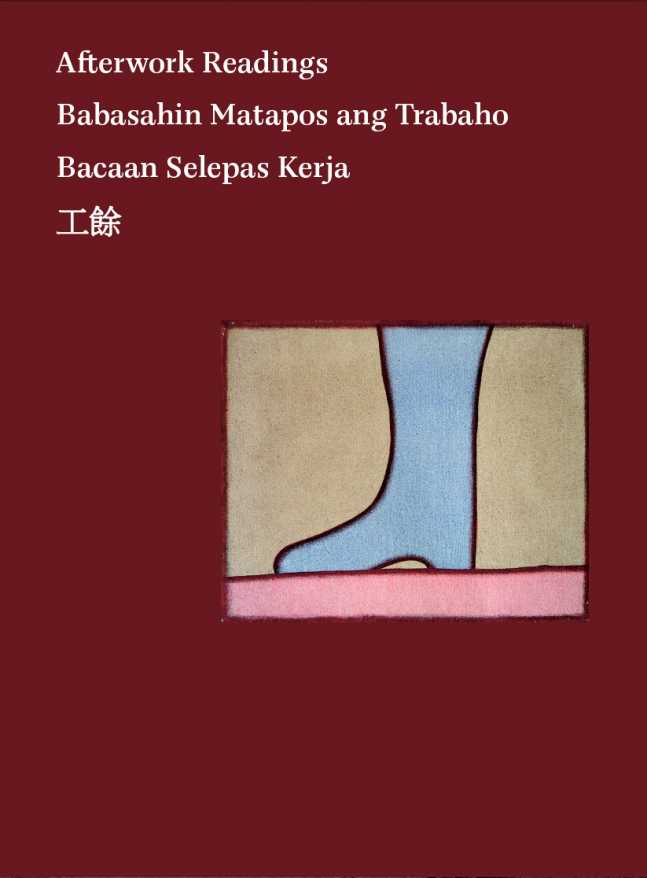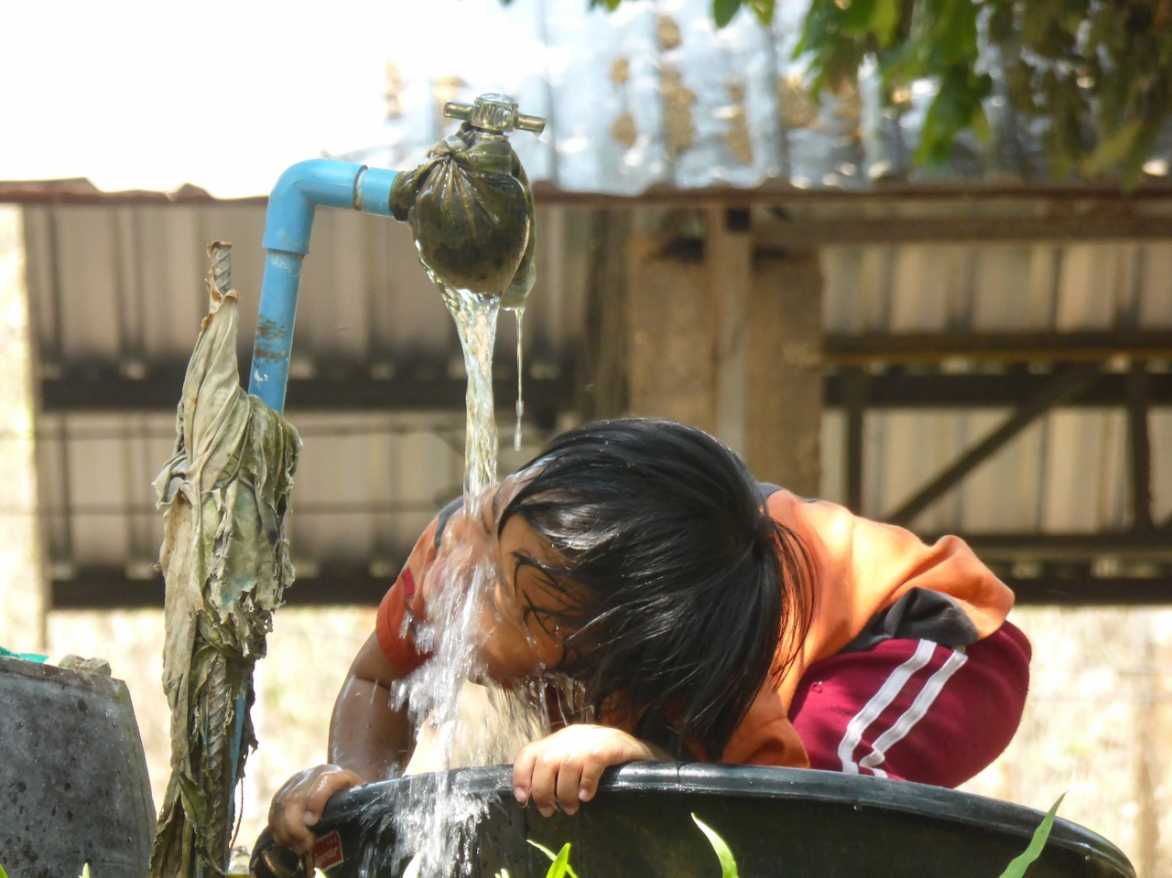
Para Site is pleased to announce A Room of Their Own by as the first of many projects under the Hong Kong’s Migrant Domestic Workers Project. A Room of their Own developed from the research carried out during the artists’ participation in the Para Site International Art Residency in January 2015. Working with Indonesian migrant workers, KUNCI focused on the literature and mobile libraries of the community such as , which can be found regularly on Sundays in Hong Kong’s Victoria Park (the main meeting point of the Indonesian migrant workers in the city).
A Room of Their Own includes [The Afterwork Reading Group], a reading group of six sessions dedicated to literature on gendered migration and a publication. The reading group will be held in four locations, mapping a geography of the community: at Victoria Park, Para Site, Para Site Residency Apartment, and in a private home. Texts to be discussed are original and translated works by Indonesian writers such as , among others.
The collection of writings discussed during the reading group will be gathered in an anthology, alongside other texts related to migration and labor. The book will be published in Chinese, English, Indonesian, and Tagalog. It will be distributed across the community after the end of the sessions. A Room of Their Own will conclude with a donation of books collected from various Indonesian publishers and from KUNCI’s own library.
[The Afterwork Reading Group]
Session I: Process
Aug 2, 2015
1:00pm
Victoria Park
This session looks at the figure of the writer and the definition behind the classification of literature in contrast to everyday journaling and communication via social media. How does literature’s function compare to that of other forms of writing? Using texts of , an Indonesian migrant worker in Hong Kong, this session serves as an introduction to the methodology guiding the reading group.
Session II: Work
Aug 9, 2015
10:00am
Private home, Tai Wai New Village
What is the meaning of work? Why must one work? How does one put work into their writing? , the main character in short story, spent half of her life working as a loyal housemaid. , a male character in s short story also worked at his office job for 10 consecutive years. This session questions whether time moves in a linear fashion or endlessly repeats itself. Can time leave us behind, or can we escape the repetition of time? What does time mean for us who work endlessly, who impatiently wait for time to pass—the sooner, the better—hoping our shift ends as fast as it can? Do we live to work, or work to live? Is writing a form of work? Can a writer document the flow of time and control the medium of time?
Session III: Event
Aug 15, 2015
1:00pm
Para Site Residency Apartment, Sheung Wan
What is considered news in the mass media today? A riot takes place in . A lawyer is arrested before celebration of Eid. A band called releases their new song. The US dollar gets stronger. President meets the Prime Minister of the United Kingdom. A 10-year-old child dies in Nepal. A relentless drought hits Bekasi. A female reporter is murdered by some robbers. Twelve people, riding their motorbikes, on their way to their own respective hometowns, are killed on the road. is ready to have a serious relationship again. A cop gets beaten at train station. News flows in every day. Events come and go. How do the eyes and ears of a writer capture and represent the events around them? How does one differentiate between the important and the non-important elements? By reading this play by the group will talk about how a writer confronts her own personal perspectives with the unfolding of random events around her.
Session IV: Language
Aug 30, 2015
2:30pm
Para Site
There are languages that are familiar to us. There are languages that make us feel foreign. Can we conquer this feeling of foreignness by conquering a particular language? Is there a universal language that can be understood by everyone? What is a “difficult text” and how does one create meaning from “the unreadable”? Taking short story based on his experience of being lost in translation in Berlin, this discussion will serve as a means to destabilize familiarity of one’s mother tongue and identity through language.
Session V: Room
Sep 13, 2015
2:30pm
Private Home
Walking from room to room, morning after morning, we try to organize the thoughts in our mind through temporary mental architectures. More than anything, these daily morning rituals are perhaps the most fundamental way of surviving in the everyday. This session deals with the ideas of private and public spaces and reflects on what can be learnt about these sites of domesticity.
Session VI: Conclusion
Sep 27, 2015
1:00pm
Victoria Park
This concluding session will try to link all previous readings and discussion topics. Time and physical distance will have allowed for some reflection and possibly changed some perspectives through the development of vocabularies enabled by the readings. How can this be applied to our everyday lives and how do we define the material changes that were effected by these shifts in perspectives?
Further details can be found on the Klub Baca Selepas Kerja Facebook group
This project is made possible through generous support from the .


